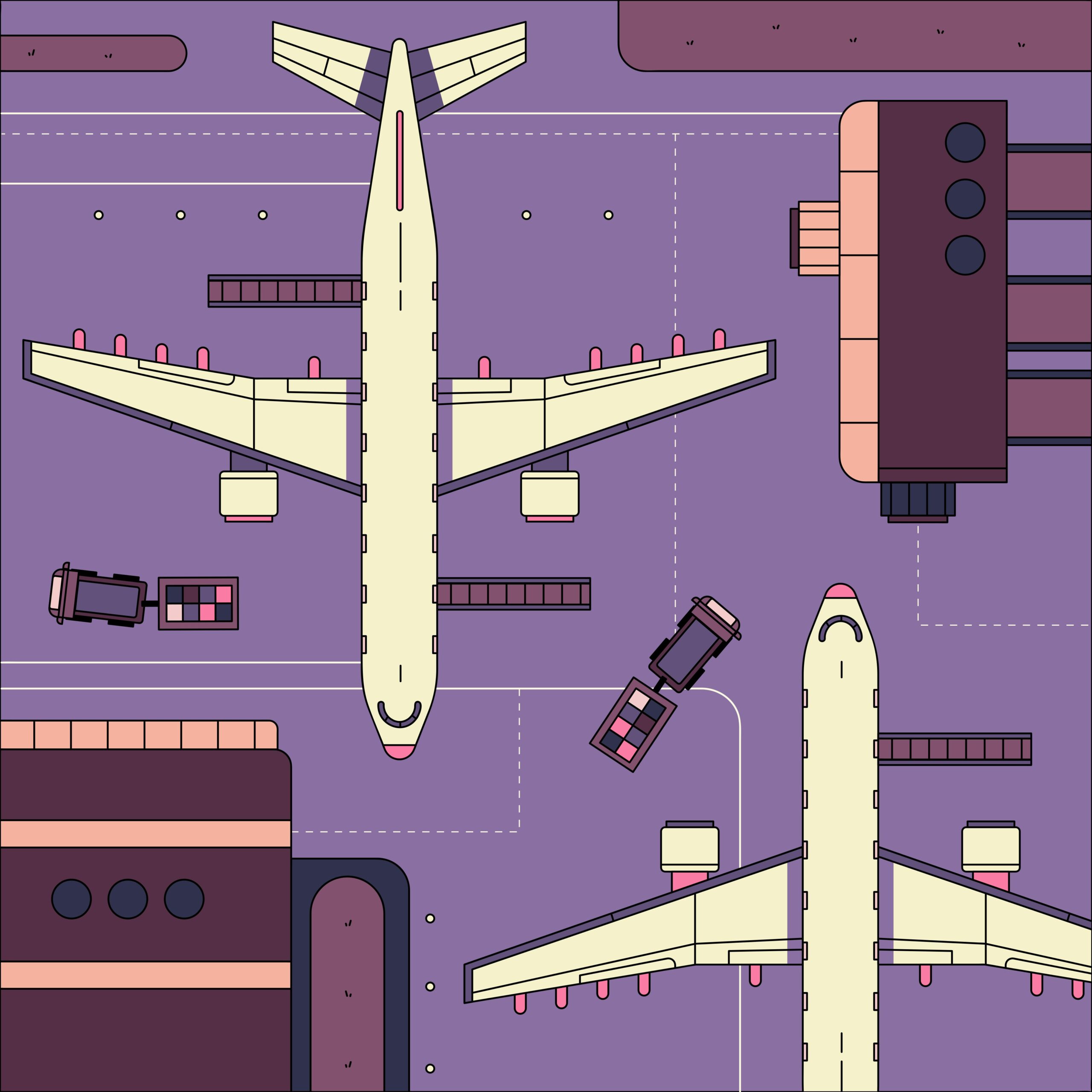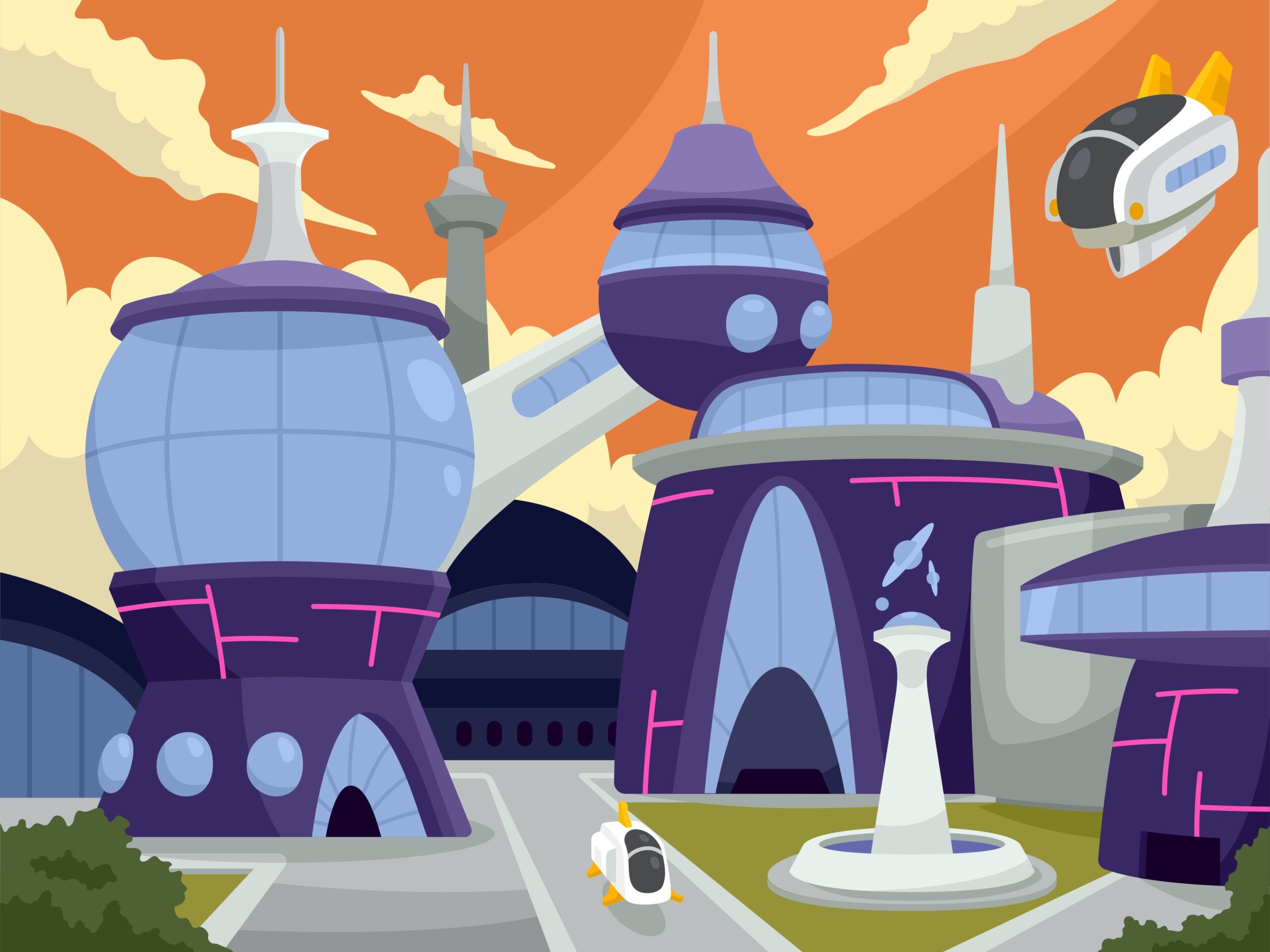 Beatmaking with AI
Beatmaking with AI Why Music Isn’t Free Despite Near-Zero Costs
The marginal cost of replicating music has plummeted with digital technology, yet music isn’t free due to copyright laws...
 Beatmaking with AI
Beatmaking with AI  Beatmaking with AI
Beatmaking with AI  Beatmaking with AI
Beatmaking with AI  Beatmaking with AI
Beatmaking with AI  Beatmaking with AI
Beatmaking with AI  Beatmaking with AI
Beatmaking with AI ![[Beatmaking] Would writing "beat made by human" become a brand in the AI era? 7 silverfork studio AUugQfwDW c unsplash scaled](https://genxnotes.com/wp-content/uploads/2025/02/silverfork-studio-AUugQfwDW_c-unsplash-scaled.jpg) Beatmaking with AI
Beatmaking with AI  Beatmaking with AI
Beatmaking with AI  Beatmaking with AI
Beatmaking with AI  Beatmaking with AI
Beatmaking with AI